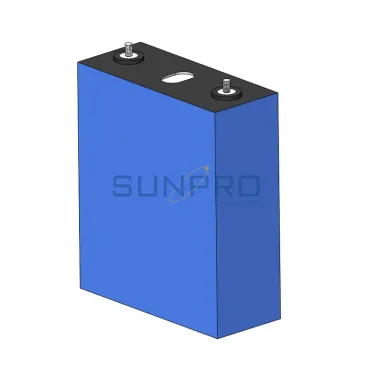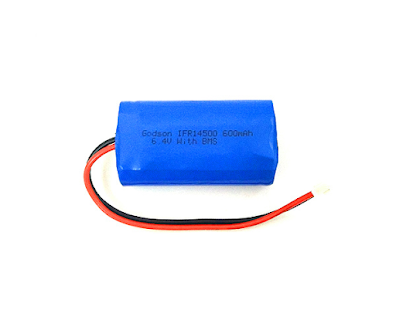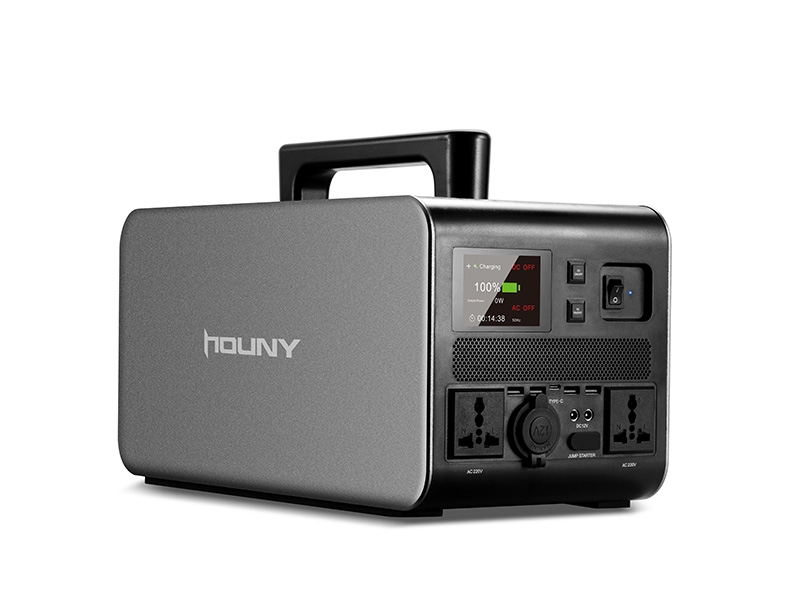In the realm of renewable energy and sustainable power solutions, inverters play a pivotal role in converting the direct current (DC) generated by solar panels or wind turbines into alternating current (AC) usable by homes, businesses, and industries. Among the various types of inverters available, the debate between single phase and three phase hybrid inverters often arises, each catering to specific needs and preferences. In this comprehensive guide, we delve into the intricacies of both single phase and three phase hybrid inverters, exploring their functionalities, applications, advantages, and limitations.
Single Phase Hybrid Inverters: Efficiency and Simplicity
Single phase inverters are widely recognized for their simplicity and efficiency in converting DC to AC power. As the name suggests, these inverters operate on a single phase electrical system, making them ideal for residential settings and small-scale commercial applications. Their straightforward design and installation process make them a popular choice among homeowners and small businesses venturing into renewable energy adoption.

Key Features of Single Phase Inverters:
Simplicity: Single phase inverters feature a straightforward design, making them easy to install and maintain.
Cost-Effectiveness: Due to their simpler construction, single phase inverters are often more affordable compared to their three phase counterparts.
Residential Applications: Suited for residential properties and small commercial establishments with single phase electrical systems.
Compatibility: Compatible with most standard household appliances and electronics, ensuring seamless integration into existing setups.
Three Phase Hybrid Inverters: Power and Versatility
In contrast, three phase hybrid inverters offer enhanced power capabilities and greater versatility, making them indispensable for larger commercial and industrial applications. These inverters operate on a three phase electrical system, delivering a balanced and stable supply of electricity across multiple phases.
Key Features of Three Phase Hybrid Inverters:
High Power Output: Three phase hybrid inverters are capable of handling higher power loads, making them suitable for large-scale commercial and industrial setups.
Grid Connectivity: Enable seamless integration with the grid, allowing for efficient energy management and optimization.
Battery Storage Compatibility: Many three phase hybrid inverters are equipped with battery storage capabilities, facilitating energy storage and backup solutions.
Industrial Applications: Ideal for powering heavy machinery, equipment, and industrial processes requiring three phase power supply.
Choosing the Right Inverter for Your Needs
When deciding between single phase and three phase hybrid inverters, several factors must be taken into consideration, including the scale of your energy requirements, the electrical configuration of your premises, budget constraints, and long-term sustainability goals. While single phase inverters excel in simplicity and cost-effectiveness, three phase hybrid inverters offer unmatched power and versatility, catering to the needs of larger commercial and industrial entities.
Factors to Consider:
Power Requirements: Assess the magnitude of your power needs to determine whether a single phase or three phase hybrid inverter is more suitable.
Electrical Configuration: Consider the existing electrical setup of your premises, ensuring compatibility with the chosen inverter type.
Budgetary Constraints: Evaluate your budget and financial resources, weighing the upfront costs against long-term benefits and savings.
Future Expansion: Anticipate future growth and expansion plans, selecting an inverter that can accommodate evolving energy demands.
Conclusion
In summary, the choice between single phase and three phase hybrid inverters hinges on a variety of factors, ranging from power requirements and electrical configurations to budgetary constraints and long-term sustainability goals. While single phase inverters offer simplicity and affordability, three phase hybrid inverters provide unparalleled power output and versatility, making them indispensable for larger commercial and industrial applications. By carefully assessing your specific needs and priorities, you can make an informed decision that aligns with your energy objectives and ensures optimal performance and efficiency.




